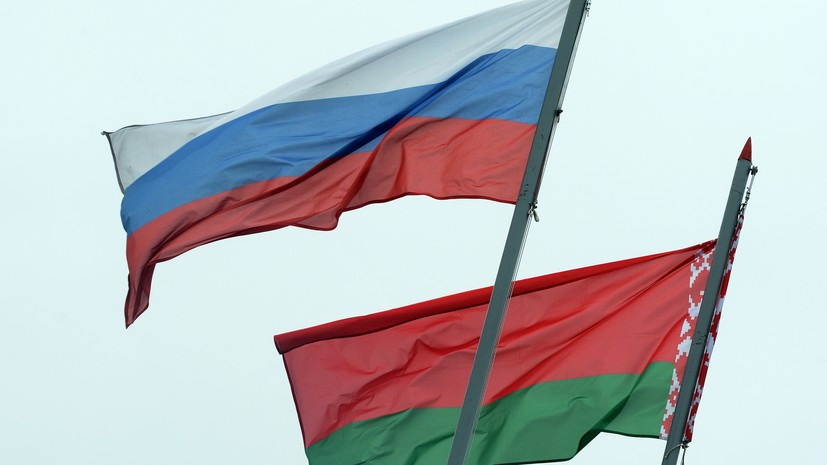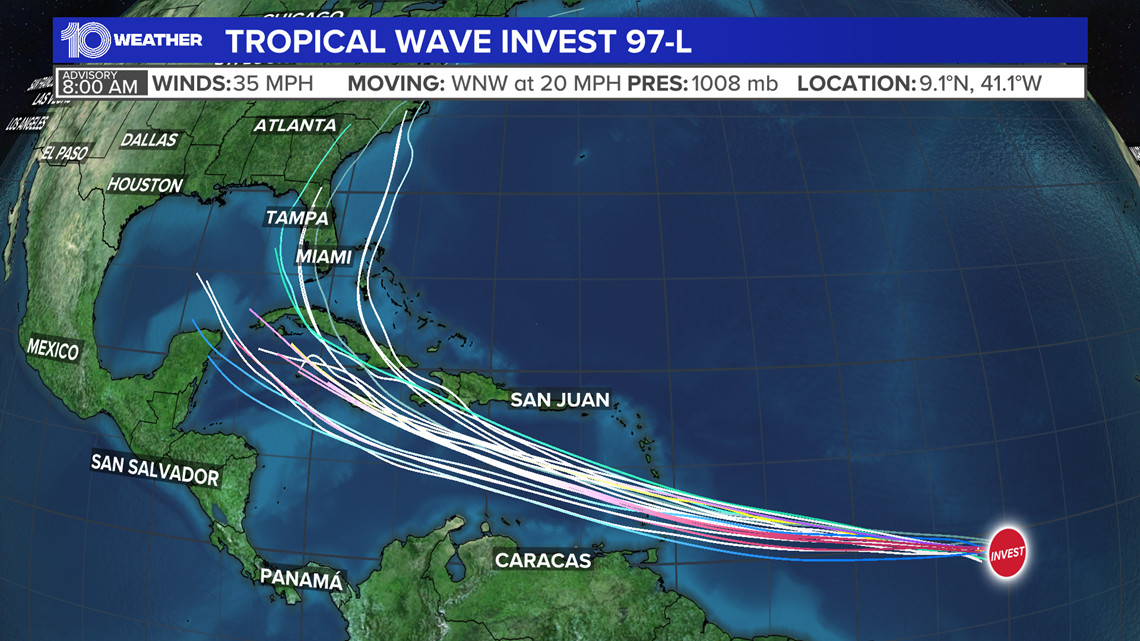A Belarusian Defense Ministry official has accused the once wildly popular mobile game Pokémon Go of being an instrument of Western intelligence. Alexander Ivanov, the ministry’s department head of ideological work, said the game was used to collect information about Belarusian aviation near Minsk, at its height of popularity nearly a decade ago.
During an interview with a Belarusian talk show, Ivanov claimed that Pokémon Go might’ve played a part in spy activity, because he saw a suspicious amount of pokémon on their bases. He stated, ‘About 10 years ago, it [Pokémon Go] was very popular. What was the point? All teenagers and children were using some kind of application,’ Ivanov said, according to Ukrainian news site UNN, adding:
‘Where did you see the most pokémon, when you think about it? On the territory of the 50th air base, where there is a runway, where there is a lot of military aircraft. There were the most Pokémon. Is this not intelligence information?’
Ivanov brought up Pokémon Go during a discussion about objects most likely to be targeted by spies. While discussing the activities of intelligence and spies, Ivanov mentioned a children's game that was very popular among teenagers in different countries. Ivanov’s argument is therefore not very effective.
Pokémon Go's History of Suspicions
Pokémon Go is an augmented reality game, released in 2016, allowing its millions of players to use their smartphones to capture digital Pokémon (think: make-believe animals with superpowers) in the physical world. It promised new users that “Pokémon can be found in every corner of the earth.” Pokémon is a Japanese media franchise including video games, playing cards and a TV show which launched back in 1996. It’s unclear exactly how the app could’ve helped spies but at the very least, encouraging people to explore military bases is something most governments aren’t going to be happy about.
The idea that Pokémon Go could be used for espionage is not new. This concern was first, and most loudly, raised by Russia, along with other countries, although most of these claims have since been largely discredited. For the second time, Niantic, the parent company of the game has denied involvement in espionage and reiterated that it followed local laws and regulations. Russia, Belarus’ close ally, warned at the time that the game could be a security risk, while Russian media claimed it was a CIA plot. Niantic, the American developer of the application, denied that Pokémon Go was an espionage tool. The game was never licensed in China, which later released a Pokémon Go clone called Let’s Hunt Monsters.
The Wider Context
This isn’t the first time a popular mobile game has been accused of being a tool for espionage. In 2018, the fitness app Strava was criticized for allowing users to track their activities near secure military facilities. This data, which is publicly accessible on Strava’s website, can be used to map out the location of military bases and other sensitive areas. While officials in Belarus are ringing alarm bells, the wider world remains unconvinced. Pokémon Go is part of a growing anxiety about digital privacy and technology’s increasingly integral role in national security.
Ivanov's accusations are part of a broader trend of suspicion and distrust towards the West in Belarus. This suspicion is fueled by the close relationship between Belarus and Russia, as well as by the ongoing war in Ukraine. The Belarusian government has been increasingly reliant on Russia for support, and has become more receptive to Russian narratives about Western aggression. It is in this context that we can understand Ivanov’s accusations against Pokémon Go.
Conclusion: A Game of Suspicions
Whether or not Pokémon Go was used to spy on Belarusian military bases is debatable. What is clear is that the Belarusian government is increasingly suspicious of the West and is using the game as a scapegoat to further its own agenda. This incident highlights the growing tensions between Belarus and the West, and underscores the need for governments to be mindful of the potential security risks posed by popular mobile games. As technology evolves, the lines between entertainment and intelligence gathering are becoming increasingly blurred, and it is crucial to be aware of the potential for misuse. The game itself is more likely to be a vehicle for distraction than a tool for spying. It remains to be seen whether the Belarusian government’s accusations will lead to any further investigations.



















